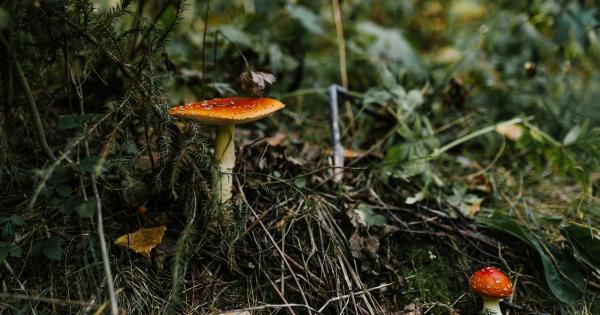Going to the beach is a favorite pastime for many people, whether it’s to relax, sunbathe, or enjoy water activities.
While hitting the beach can be a lot of fun, it’s important to remember that our habits and actions can have a significant impact on the beach ecosystem and the environment as a whole. In this article, we will discuss ten beach habits that need to be changed immediately to ensure we are being responsible and considerate beachgoers.
1. Littering
Littering is one of the most harmful habits that needs to be addressed when it comes to beach trips. Unfortunately, many people leave behind trash, including food wrappers, plastic bottles, and cigarette butts.
These items not only pollute the beach but also pose a serious threat to marine life. To change this habit, make sure to pack a trash bag and dispose of your garbage properly in designated bins.
2. Not Using Sunscreen
Protecting our skin from the harmful effects of the sun is crucial to maintain good health. Yet, many beachgoers fail to use sunscreen or do not apply it correctly.
It’s important to wear sunscreen with a high SPF, and to reapply it every few hours, especially after swimming. Remember, sunburns not only cause immediate discomfort but can also lead to long-term skin damage and increase the risk of skin cancer.
3. Leaving Beach Toys Behind
Children love playing with beach toys, but leaving them behind after a day at the beach is a common habit that needs to be changed. Plastic buckets, shovels, and other toys can end up in the water and become hazards for marine animals.
Remember to gather all your toys and pack them before leaving the beach to ensure they don’t become marine debris.
4. Ignoring the Signs
Beaches often have signs indicating important information such as swimming conditions, marine life alerts, or restricted areas. Ignoring these signs can put yourself and others in danger.
Make sure to read and follow any posted signs, as they are in place to protect both beach visitors and the environment.
5. Using Harmful Chemicals
When packing for a beach trip, many people bring insect repellents, sunscreens, and other personal care products containing harmful chemicals. These chemicals can end up in the water, harming marine life and coral reefs.
Opt for eco-friendly alternatives and choose products that are labeled as reef-safe to minimize your negative impact on the beach ecosystem.
6. Feeding Wildlife
Feeding wildlife, whether intentional or unintentional, is a habit that needs to be changed immediately.
Offering food to seagulls, fish, or any other beach-dwelling creature can disrupt their natural feeding patterns and lead to an overreliance on human food sources. This can potentially harm their health and alter the balance of the beach ecosystem. Avoid feeding wildlife and appreciate them from a distance.
7. Smoking
Smoking on the beach poses several risks. Firstly, cigarette butts are often left behind, polluting the sand and water. Secondly, smoking in public spaces can be a nuisance for non-smokers who visit the beach to enjoy fresh air.
Lastly, fires caused by discarded cigarette butts can lead to beach fires, endangering both people and wildlife. Refrain from smoking on the beach and dispose of cigarette butts properly.
8. Disturbing Sand Dunes
Sand dunes are not only beautiful natural formations but also serve as barriers against coastal erosion and help protect inland areas from storms.
Unfortunately, some people disregard the importance of sand dunes and walk or play on them, damaging their structure and causing erosion. It’s crucial to stay off the sand dunes and use designated walkways to access the beach.
9. Overcrowding and Noise Pollution
Beaches are public spaces meant for everyone to enjoy. However, overcrowding can cause various issues, including environmental damage and noise pollution.
Excessive noise and loud music can disrupt the tranquility of the beach, disturb wildlife, and disturb other visitors’ peace. When at the beach, be mindful of others and try to keep noise levels to a minimum.
10. Not Respecting Wildlife and Marine Life
While visiting the beach, it’s important to remember that we are guests in the home of many plant and animal species. Avoid touching, picking, or stepping on any marine life you come across, such as shells, coral, or tide pools.
Be respectful and observe these creatures from a safe distance, ensuring their habitats are preserved for future generations.































